When most people think of medical specialists, they often think of heart doctors (cardiologists) or bone doctors (orthopedic surgeons). However, there’s another crucial specialist who treats the network of blood vessels throughout your body – the vascular surgeon. In Pakistan, where conditions like diabetes and vascular diseases are increasingly common, understanding when you might need a vascular surgeon in Pakistan becomes essential for your health. This comprehensive guide will help you understand what vascular surgeons do, what conditions they treat, and why vascular treatment might be necessary for you or your loved ones.

What is a Vascular Surgeon?
A vascular surgeon is a medical specialist who diagnoses and treats diseases affecting your blood vessels (arteries and veins) throughout your body, except for the heart and brain. Think of your blood vessels as the highways of your body – they carry oxygen-rich blood from your heart to every organ and tissue, then return blood back to your heart.
Key Areas of Expertise:
- Arteries: Blood vessels that carry oxygen-rich blood away from your heart
- Veins: Blood vessels that return blood back to your heart
- Lymphatic system: Network that helps fight infections and maintain fluid balance
Vascular surgeons use both surgical and non-surgical methods to treat these conditions, making them unique specialists who can offer comprehensive care options.
Common Vascular Conditions Treated in Pakistan
1. Varicose Veins
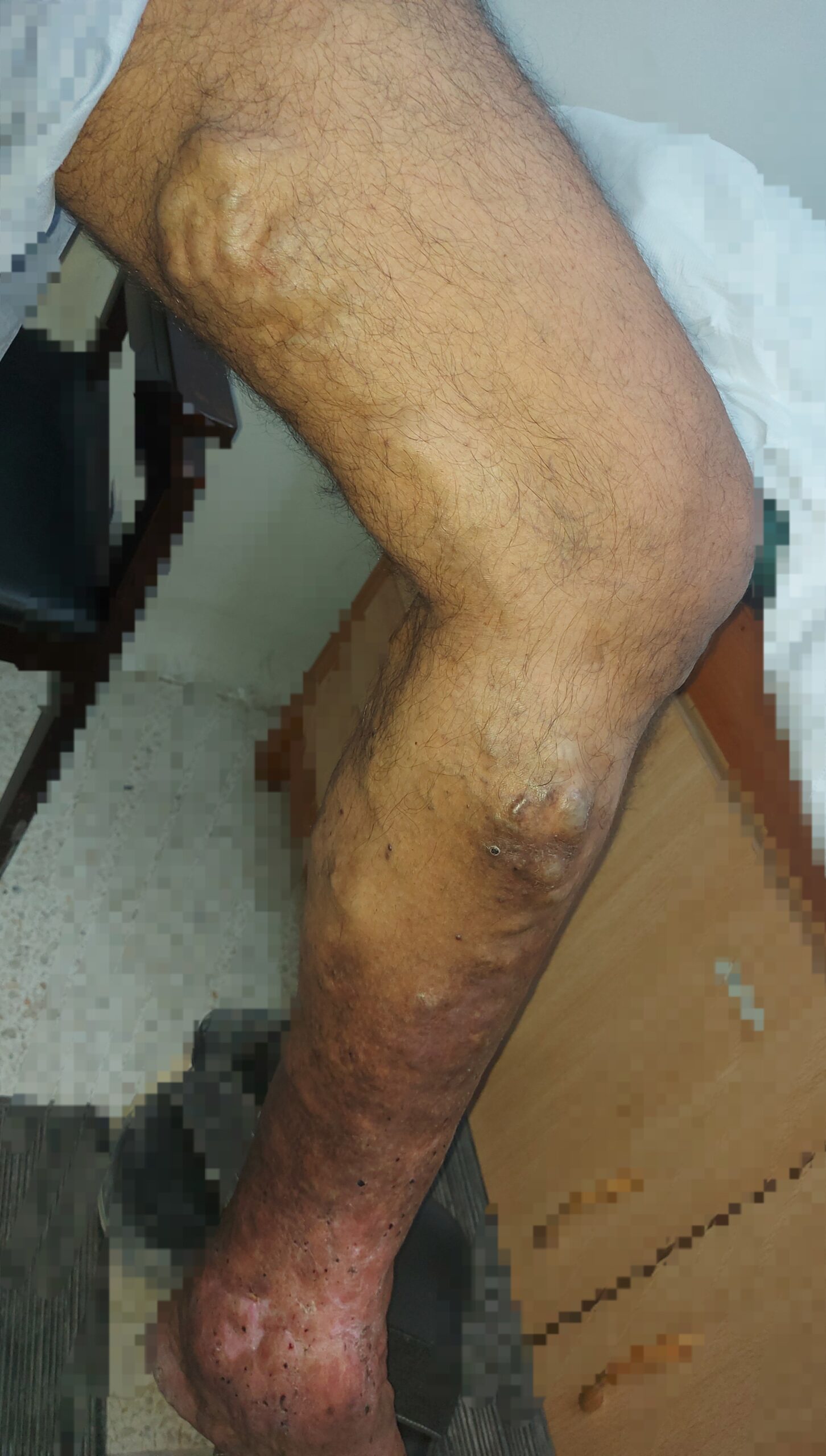
Varicose veins are enlarged, twisted veins that often appear blue or dark purple on your legs. They’re extremely common in Pakistan, especially among people who stand for long periods.
Symptoms include:
- Visible, bulging veins on legs
- Aching or heavy feeling in legs
- Swelling in lower legs and ankles
- Skin changes around affected veins
Treatment options:
- Compression stockings
- Minimally invasive procedures (sclerotherapy)
- Laser treatment
- Surgical removal in severe cases
2. Diabetic Foot Ulcers
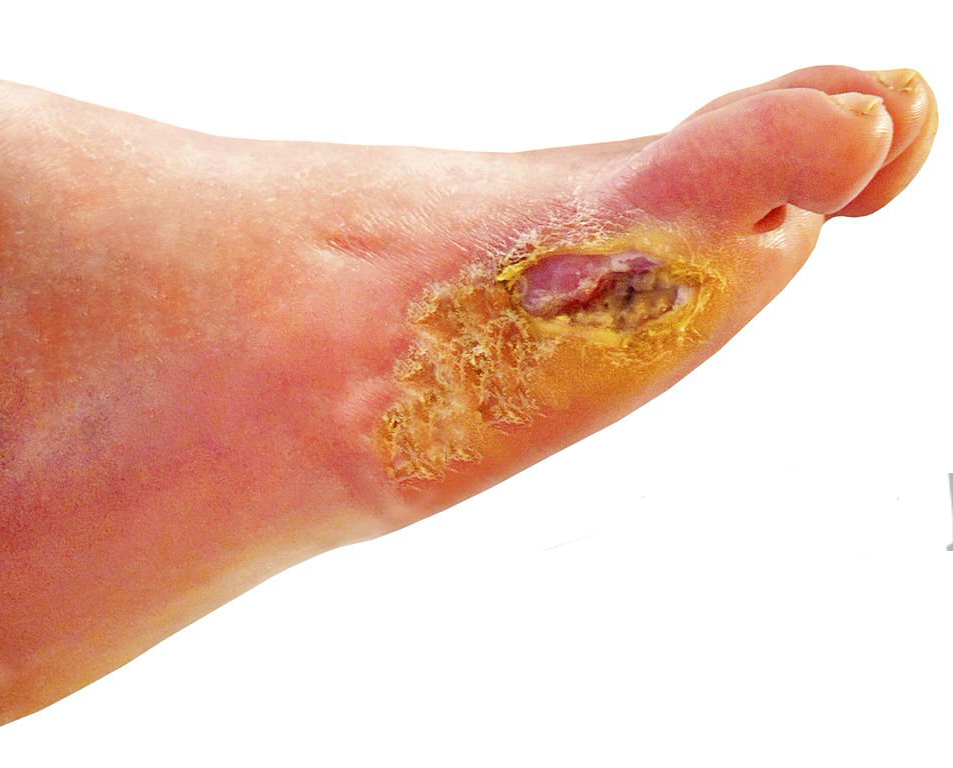
With Pakistan having one of the highest diabetes rates globally, diabetic foot complications are increasingly common. Poor blood circulation (peripheral arterial disease) combined with high blood sugar can lead to serious foot problems.
Warning signs:
- Non-healing wounds on feet
- Numbness or tingling in feet
- Changes in skin color
- Persistent pain or cramping in legs
Why immediate treatment matters:
- Prevents infection spread
- Reduces risk of amputation
- Improves quality of life
- Saves healthcare costs long-term
3. Dialysis Access Complications
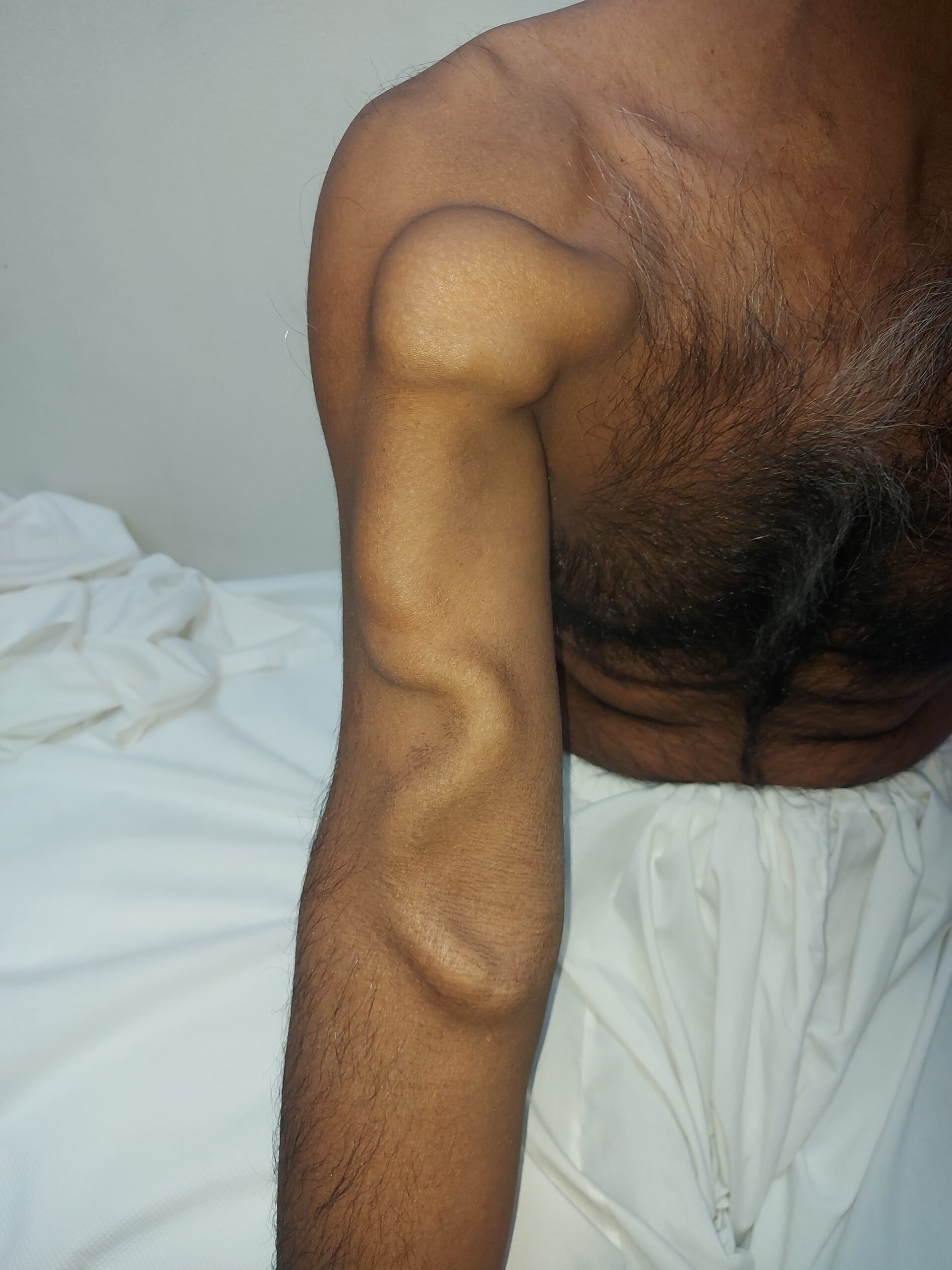
Patients with kidney failure requiring dialysis often need special blood vessel access points. Vascular surgeons create and maintain these access points.
Types of dialysis access:
- Arteriovenous fistula (AV fistula): Connecting an artery directly to a vein
- Arteriovenous graft (AV graft): Using a synthetic tube to connect artery and vein
- Central venous catheter: Temporary access through large veins
Common complications requiring vascular treatment:
- Blockages (stenosis)
- Blood clots (thrombosis)
- Infections
- Poor blood flow rates
- Swelling of vein (aneurysm)
- pain in fingers (steal)
4. Peripheral Vascular Disease and Limb Ischemia in Younger Patients
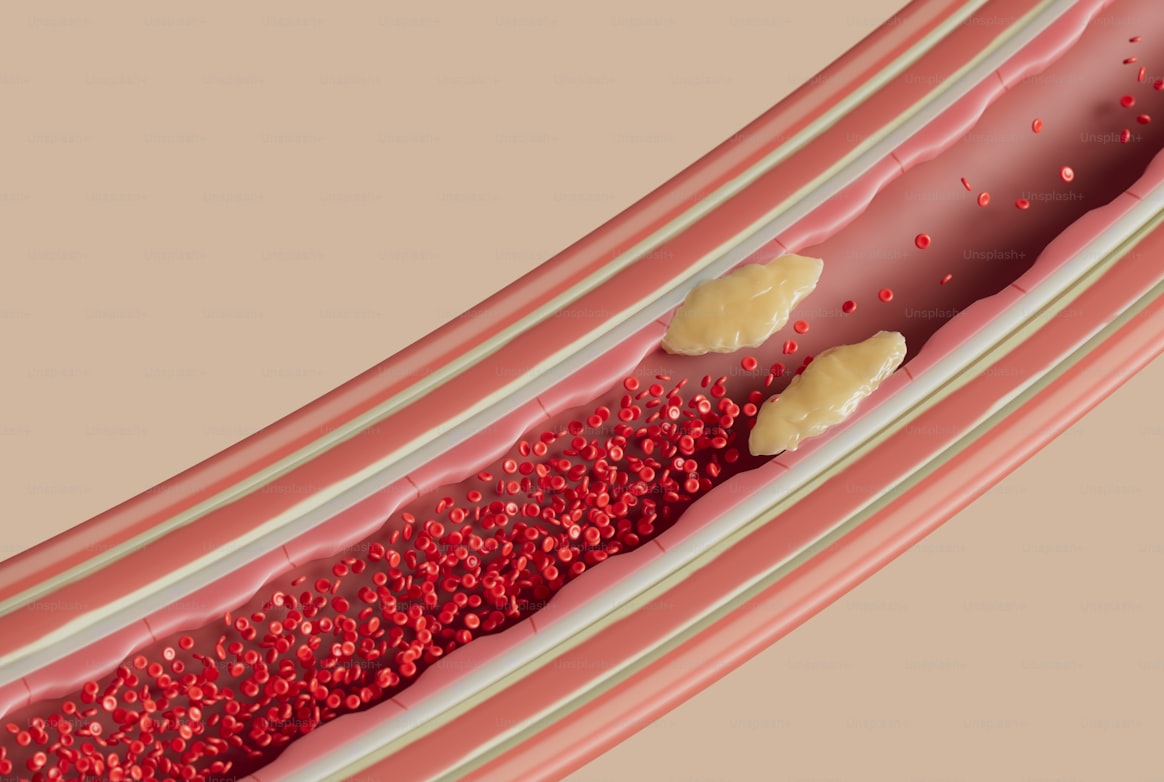
Surprisingly, younger adults in Pakistan are increasingly experiencing peripheral vascular disease (PVD), often due to smoking, diabetes, and sedentary lifestyles.
Peripheral Vascular Disease symptoms:
- Leg pain when walking (claudication)
- Cold feet or legs
- Weak pulse in legs or feet
- Slow-healing wounds
Critical Limb Ischemia warning signs:
- Severe leg pain even at rest
- Open wounds that won’t heal
- Gangrene (tissue death)
- Severe coldness in affected limb
Modern treatment approaches:
- Balloon angioplasty (opening blocked arteries)
- Stent placement (keeping arteries open)
- Bypass surgery (creating new pathways for blood flow)
- Minimally invasive procedures
5. Aortic Aneurysms

An aortic aneurysm occurs when the main artery (aorta) weakens and bulges. While more common in older adults, lifestyle factors can increase risk in younger people.
Types of aortic aneurysms:
- Abdominal aortic aneurysm (AAA): In the belly area
- Thoracic aortic aneurysm (TAA): In the chest area
Risk factors prevalent in Pakistan:
- High blood pressure
- Smoking
- Family history
- High cholesterol
- Chronic kidney disease
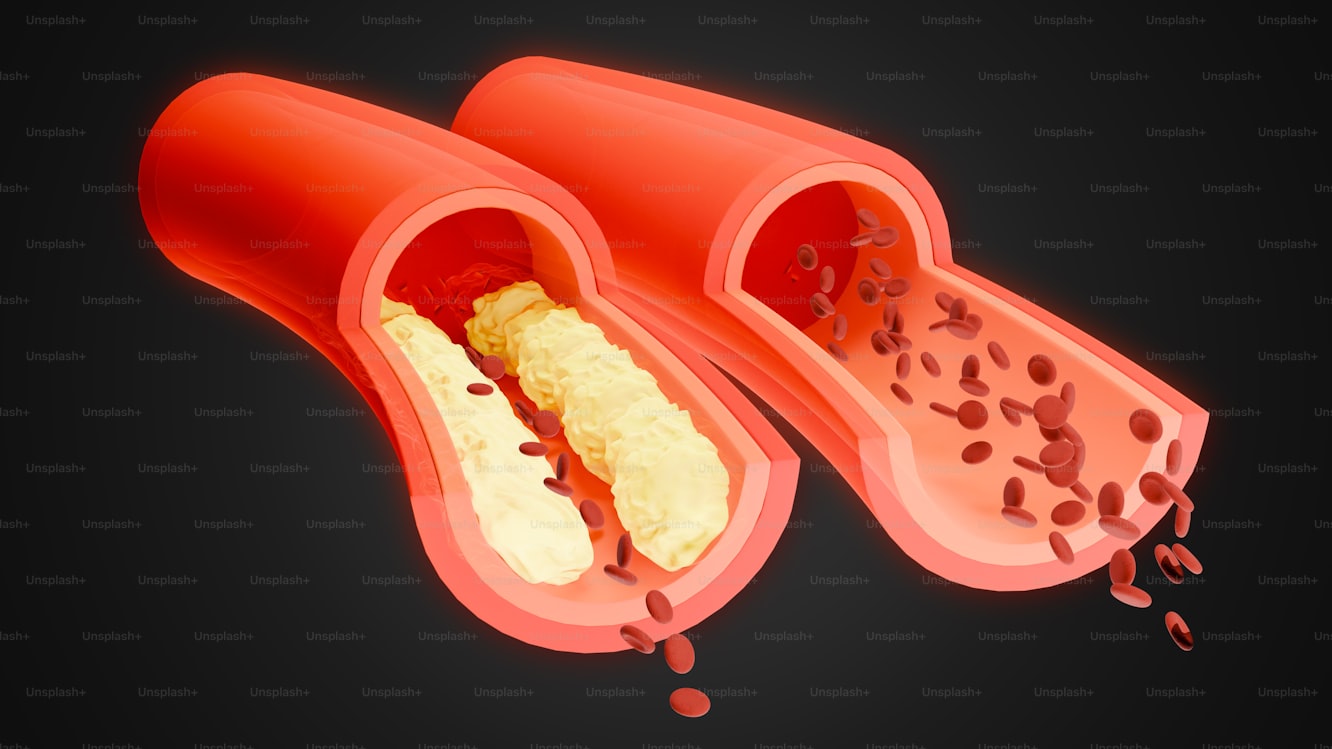
Why You Might Need a Vascular Surgeon in Pakistan
Immediate Medical Attention Required:
- Sudden severe leg pain
- Cold, pale, or blue-colored limb
- Non-healing wounds on feet or legs
- Sudden loss of pulse in arms or legs
- Severe abdominal or chest pain (possible aneurysm)
Schedule Consultation for:
- Persistent leg pain when walking
- Visible varicose veins causing discomfort
- Family history of vascular disease
- Diabetes with foot problems
- High blood pressure with circulation concerns
- Need for dialysis access creation or repair
Finding Quality Vascular Treatment in Pakistan is Difficult.
What to Look for in a Vascular Surgeon:
- Board certification in vascular surgery
- Experience with your specific condition
- Access to modern diagnostic equipment
- Minimally invasive treatment options
- Comprehensive follow-up care
Preparing for Your Vascular Surgery Consultation
Information to Bring:
- Complete medical history
- List of current medications
- Previous test results or imaging
- Family history of vascular disease
- Description of symptoms and when they occur
Questions to Ask Your Vascular Surgeon:
- What is causing my condition?
- What treatment options are available?
- What are the risks and benefits of each option?
- How long is the recovery period?
- What lifestyle changes should I make?
The Future of Vascular Treatment in Pakistan
Pakistan’s healthcare system is rapidly advancing, with new technologies and treatments becoming available:
- Minimally invasive procedures reducing hospital stays
- Advanced imaging technology for better diagnosis
- Telemedicine consultations improving access to specialists
- Preventive care programs focusing on diabetes and hypertension management
- Training programs developing more vascular specialists
Conclusion
Understanding vascular health is crucial for everyone, especially given the high prevalence of diabetes and cardiovascular disease in Pakistan. Early detection and proper treatment of vascular conditions can prevent serious complications, improve quality of life, and in many cases, save lives.
Whether you’re experiencing symptoms like leg pain when walking, non-healing wounds, or visible varicose veins, don’t ignore these warning signs. Vascular conditions often worsen without treatment, but many can be effectively managed with modern techniques available throughout Pakistan.
Take Action Today for Your Vascular Health
If you’re experiencing any symptoms mentioned in this article, don’t wait. Early intervention leads to better outcomes and can prevent serious complications. Consult a qualified vascular surgeon in Pakistan – whether you’re in Karachi, Lahore, Islamabad, Peshawar, or any other major city. Your circulation problems, diabetic foot concerns, or varicose veins deserve professional evaluation and treatment.
Contact a vascular specialist today to discuss your symptoms and explore treatment options that can improve your quality of life.
Call 051-8463759 or 051-8463231 for appointments with Dr Syed Muhammad Azeem.
Visit: https://veinpulse.com/